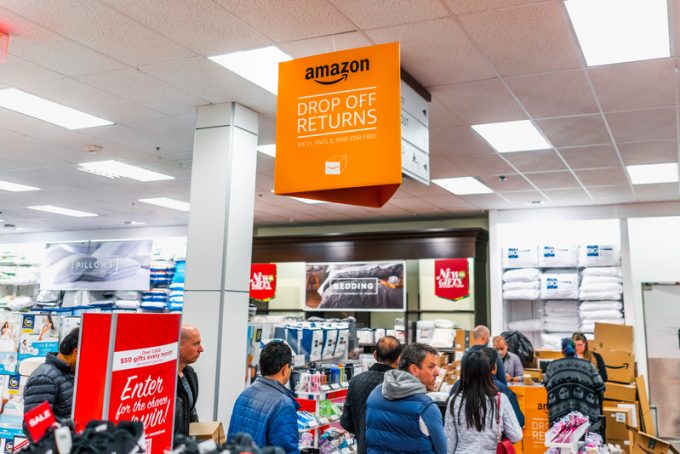Analysis: DHL Group – the bear dance
It strengthens after dismal FedEx update

The torrent of parcel movement in the US has changed direction, as consumers return millions of goods ordered online in the run-up to the holidays.
John Haber, president & CEO of parcel logistics consultancy Spend Management, described it as a ‘returns tsunami’ – a reference to ...


Comment on this article